
Aging is a normal part of life, but it doesn't have to mean getting sick. We are committed to discovering the fundamental causes of aging and finding new ways to prevent and treat age-related diseases.
Read More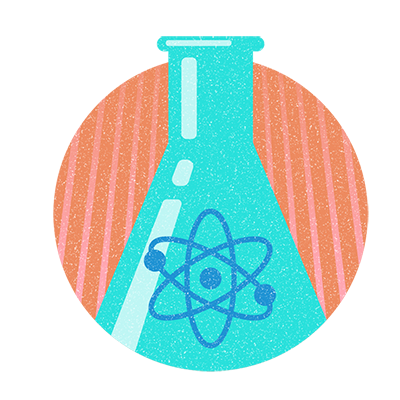
Unlocking the secrets of life itself is the driving force behind the Salk Institute. And that starts with understanding the most basic building blocks of life, including DNA, RNA, proteins, and carbohydrates. Salk’s biochemists and biophysicists are dedicated to uncovering the structure and function of these molecules, including how they form, interact, assemble complexes, and move, as well as the roles they play in health and disease.
Read More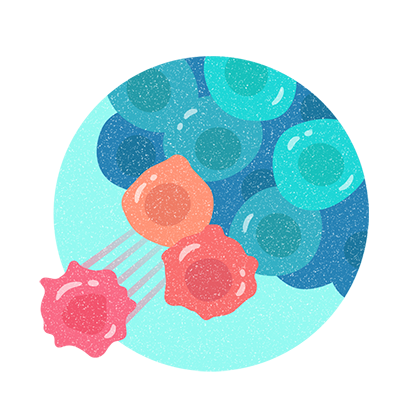
We are rapidly demystifying cancers and leading the search for the next generation of targeted cancer therapies. We see a future where transformational treatments destroy tumors before they develop drug resistance.
The Salk Cancer Center is a basic research National Cancer Institute (NCI)-designated Cancer Center.
Read More Salk Cancer Center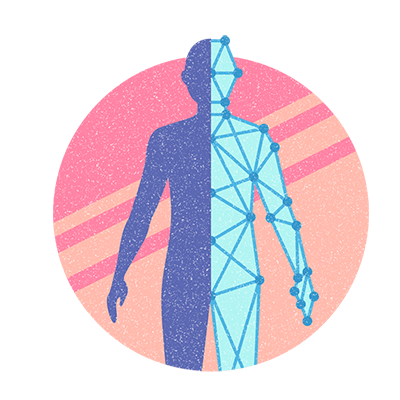
To better understand the fundamental “rules” that guide human health and disease, Salk scientists are integrating experimental biology and computational tools, including information theory, computer science, and engineering. The beauty of these approaches is that they can be applied to find patterns in any type of research: cancer, immunology, metabolism, neuroscience, aging, plant biology, and more.
Read More
In a world full of dangers, from bacterial infections to cancer, our immune system is our fortress. We study the immune system to boost our ability to fight off numerous diseases.
Read More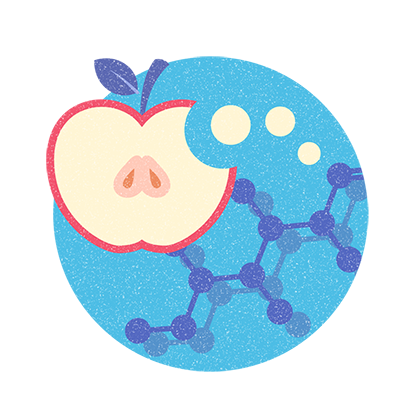
Salk scientists study the many molecular processes used by the body to convert food into energy. They want to understand how these systems—known collectively as metabolism—develop and how they go awry in conditions such as diabetes and obesity. Ultimately, this information might be used to develop new ways to prevent and treat these conditions.
Read More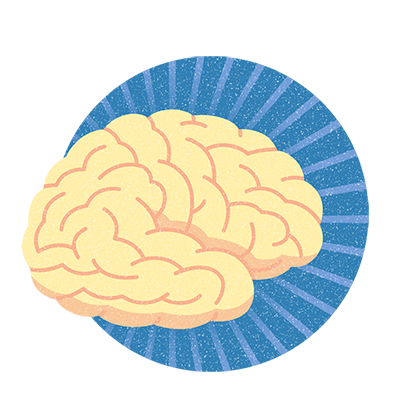
There is an urgent need to prevent and treat diseases of the brain. Salk scientists are working to better understand how the brain develops and uncover the molecular drivers of neurological and psychological conditions to spur the development of more effective therapeutics.
Read More
Salk is one of the top research organizations for plant biology in the world. Our scientists are studying plant adaptations at the molecular and genetic level to help mitigate climate change and adapt agricultural crops to rapidly changing conditions.
Read More Harnessing Plants Initiative